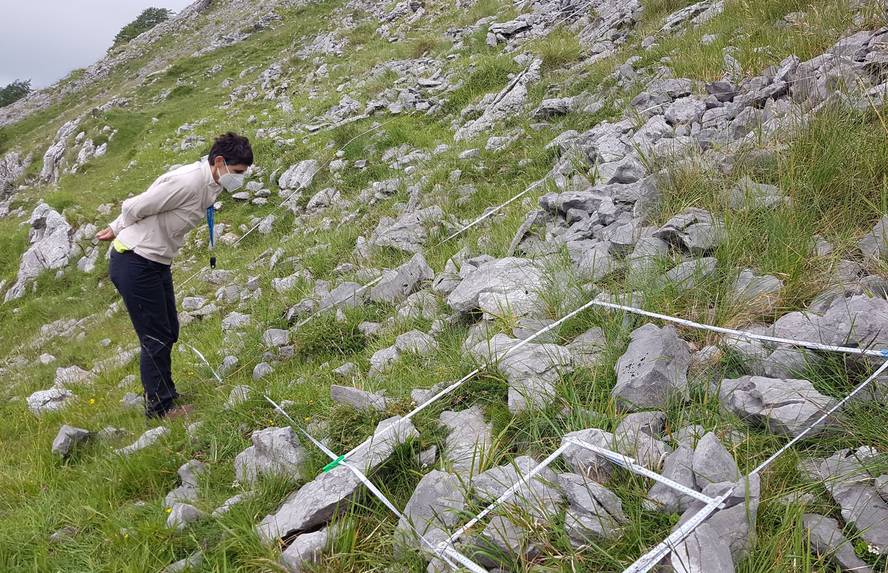The European Union takes the step of reducing the protection of the wolf
The Commission of the Berne Convention of the Council of Europe has decided to move from the list of strictly protected species to that of protected species. This Tuesday, the reduction in the state of protection of the wolf has been approved, claiming to make the management of the species more flexible and to protect the interests of the rural environment.

The authorised amendment is expected to enter into force within three months, on 7 March 2025. Provided that one third of the parties to the Berne Convention are not opposed. The final resolution will be published on 6 December.
The European Commission has argued that the proposal has been made from science, but scientists and ecologists have criticised the decision, claiming that it has no scientific basis and that it is a change guided by political interests.
The International Union for the Conservation of Nature has recalled that the wolf is a vulnerable species and that its population is still in a poor state in most countries. For example, official data collected in the period 2019-2024 show that only five EU countries have a healthy wolf population: Romania, Lithuania, Latvia, Estonia and Italy.
The advocates of the decision, for their part, affirm that greater control of the species will protect the interests of the rural population, reducing animal damage and the risks of public safety. The President of the European Commission, Ursula von der Leyen, has firmly opted for change since her pony was killed by a wolf in 2022. Von der Leyen stressed that it is a question of seeking a "balance", protecting the species and balancing the maintenance of rural lifestyles.
Representatives of Humane Society International and IFAW have pointed out that the decision can set a “dangerous precedent” to harm the protection of other species. In addition, the institutions have denounced that the European Commission has taken the interests of hunters out of criteria based on conservation and science of the species.
Automatizazioaren eta abereen inguruan kuxkuxeatzen ari nintzela, ukuilu automatizatuen informazioa hasi naiz eskuratzen. Nire idazmahaiaren erosotasunetik idazten, gizakion kontsumorako modu masiboan esplotatzen ditugun abereen bizitzak nahiko penagarriak direla iruditzen zait,... [+]




















